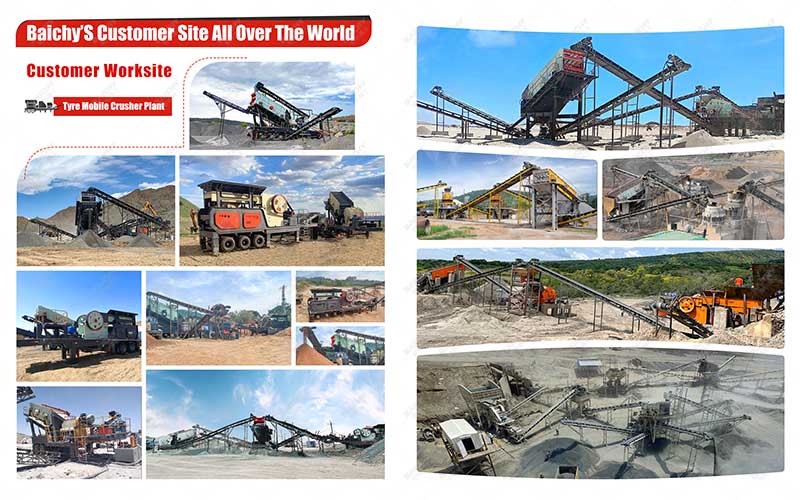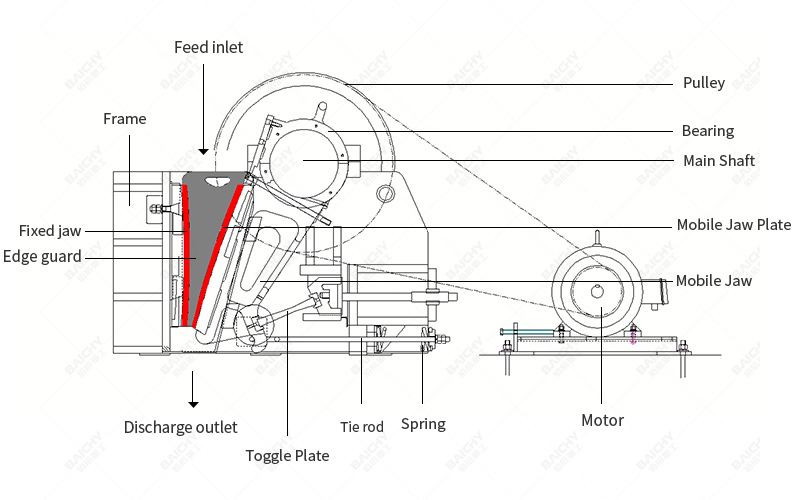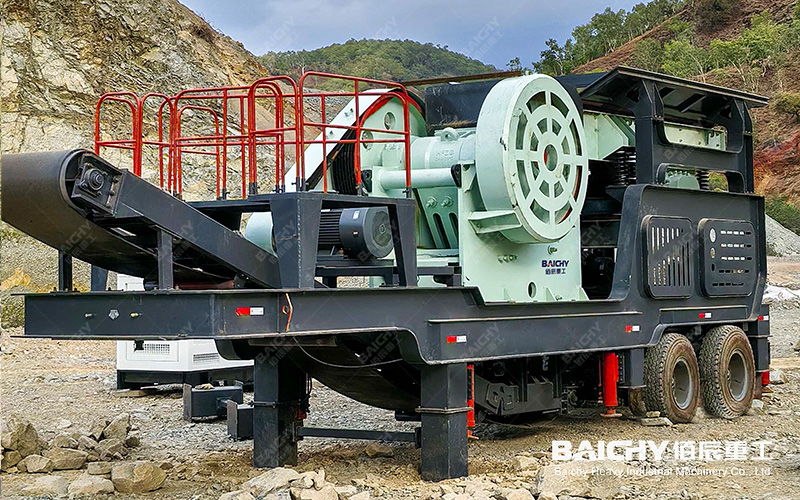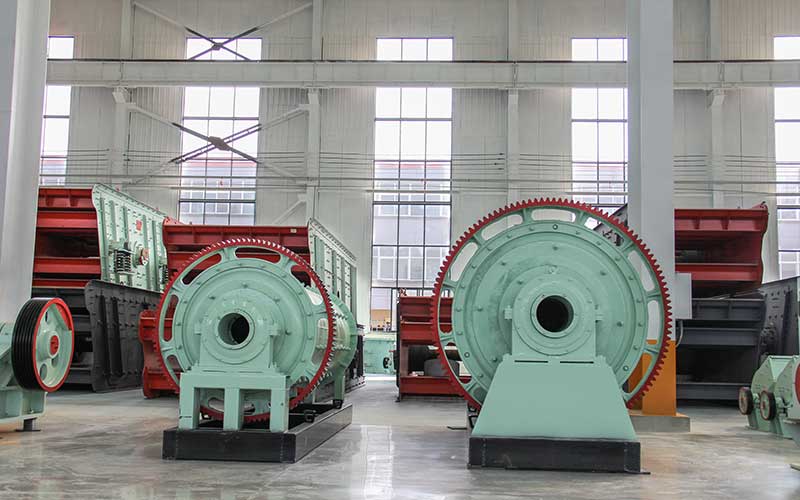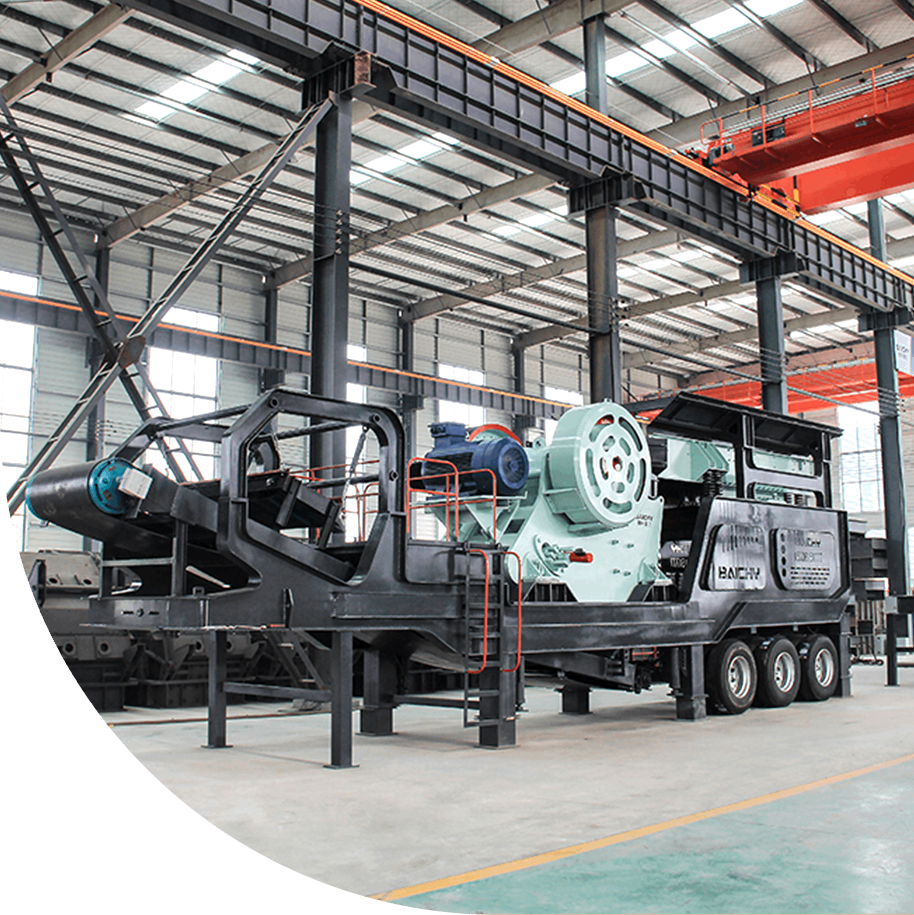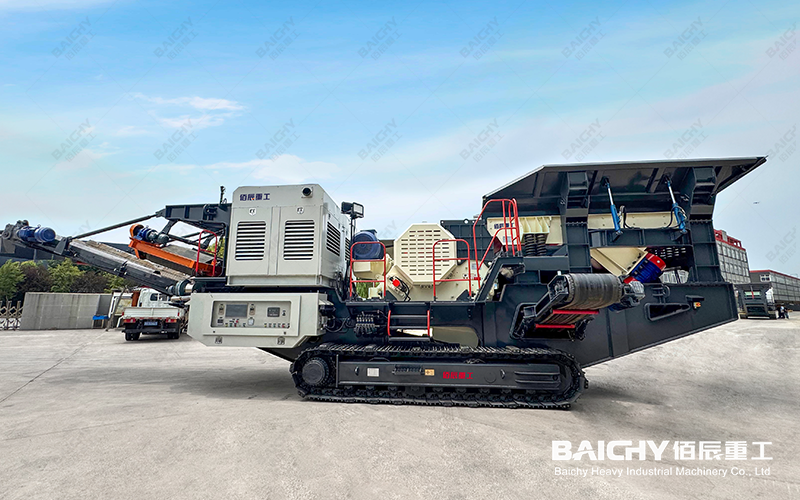
The fuel and electricity consumption of crawler-type crushing plants cannot be simply described as "high" or "low," as it depends on a variety of key factors. Generally speaking, compared to stationary crushing plants, they do consume more energy, but this is a necessary trade-off for their unparalleled mobility.
Below, I will provide a detailed analysis of fuel consumption (diesel-powered) and electricity consumption (electric-powered):
I. Fuel Consumption (for Diesel-Powered Plants)
Crawler-type crushing plants typically use diesel engines as their power source, enabling true "mobility." Their fuel consumption is a major component of operating costs.
1. Fuel Consumption Levels (Approximate Range):
• Small/medium-sized equipment (such as jaw crushers and impact crushers used in construction waste recycling): Fuel consumption is approximately 15-25 liters per hour.
• Large/heavy-duty equipment (such as large jaw crushers used for primary crushing in mining): Fuel consumption can reach 30-50 liters per hour or even higher. 2. Key Factors Affecting Fuel Consumption:
• Equipment Model and Size: This is the most direct factor. Larger and more powerful equipment naturally results in higher fuel consumption.
• Material Properties:
◦ Hardness and Particle Size: Crushing high-hardness materials like granite and basalt consumes significantly more fuel than crushing medium- and low-hardness materials like limestone and concrete. Larger feed sizes require greater crushing force, which increases fuel consumption.
• Workload and Output: Is the equipment operating at full capacity? Higher output demands place greater load on the engine, leading to correspondingly higher fuel consumption.
• Equipment Condition and Maintenance: A clogged air filter, faulty hydraulic system, and poor engine maintenance can all lead to incomplete combustion, significantly increasing fuel consumption.
• Operator Habits: Steady operation, avoiding sudden acceleration and frequent starts and stops, can effectively conserve fuel.
Conclusion: Fuel consumption for diesel-powered crawler stations is relatively high, but this can be effectively controlled through optimizing the material, careful operation, and regular maintenance.
II. Power Consumption (for Electric or Semi-stationary Operations)
Some crawler-type crushing plants can also be connected to an external electric drive (usually requiring a substation and cables), or switched to electric drive when operating in fixed locations such as quarries.
1. Power Consumption Level (Approximate Range):
Power consumption is typically measured in kilowatt-hours (kWh). A medium-capacity crawler-type cone crusher or impact crusher may have a main motor power of around 200-300 kW.
• If the crusher operates at full load for one hour, the power consumption is 200-300 kWh.
2. Key Factors Affecting Power Consumption:
Similar to fuel consumption, power consumption is affected by factors such as equipment power, material hardness, and production requirements. Electric drives are generally more energy efficient than diesel drives, but their cost depends on local industrial electricity prices.
III. Fuel Consumption vs. Power Consumption: Economic Comparison
• Diesel drives have the advantage of high mobility and are not restricted by site power. Disadvantages include high energy costs (diesel is often more expensive than electricity for the same energy), high noise levels, and higher emissions.
• Electric drive: Advantages include low operating costs (energy costs can be reduced by 30%-50%), improved environmental friendliness, and quieter operation. Disadvantages include limited mobility, the need to run cables or rely on a fixed power source, and potentially high initial power infrastructure costs.
IV. How to Reduce Energy Consumption in Crawler Crusher Plants? (Key Recommendations)
Regardless of the power source, reducing energy consumption directly increases profits.
1. Choose the right equipment: Select the appropriate crusher type based on your material hardness and target output (e.g., jaw crushers and cone crushers for hard rock, impact crushers and hammer crushers for medium-soft materials). Avoid using a "big horse pulling a small cart" or a "small horse pulling a large cart."
2. Optimize feed:
◦ Maintain a uniform and continuous feed to prevent idling or overloading of the crushing chamber.
◦ Pre-screen dirt and fine material to reduce filling and unnecessary wear in the crushing chamber.
3. Regular Maintenance:
◦ Replace filters promptly.
◦ Check drive belt tension.
◦ Keep cutting tools (jaw plates, blow bars, mortar walls, etc.) sharp. Severely worn cutting tools can significantly increase energy consumption and output.
4. Adopt appropriate process flows: Using "pre-screening" to pre-screen materials of acceptable particle size reduces re-crushing within the crusher, significantly reducing energy consumption.
5. Train professional operators: Proper operating habits have a significant impact on energy consumption.
The energy consumption of a crawler crushing plant is a "controllable" variable. While its inherent energy consumption is higher than that of a fixed plant, this is the price paid for its core advantages: flexibility, rapid site changeover, and reduced material transportation costs.
When evaluating energy consumption, you need to ask yourself:
• Is my project short-term and multi-site, or long-term and fixed?
• Is there convenient on-site power grid access?
• What materials will I be processing? What is my target output?
Only by comprehensively considering these factors can you determine whether the energy consumption of the crawler crushing station is "high" for your specific project and how to control it at a reasonable level through scientific management.
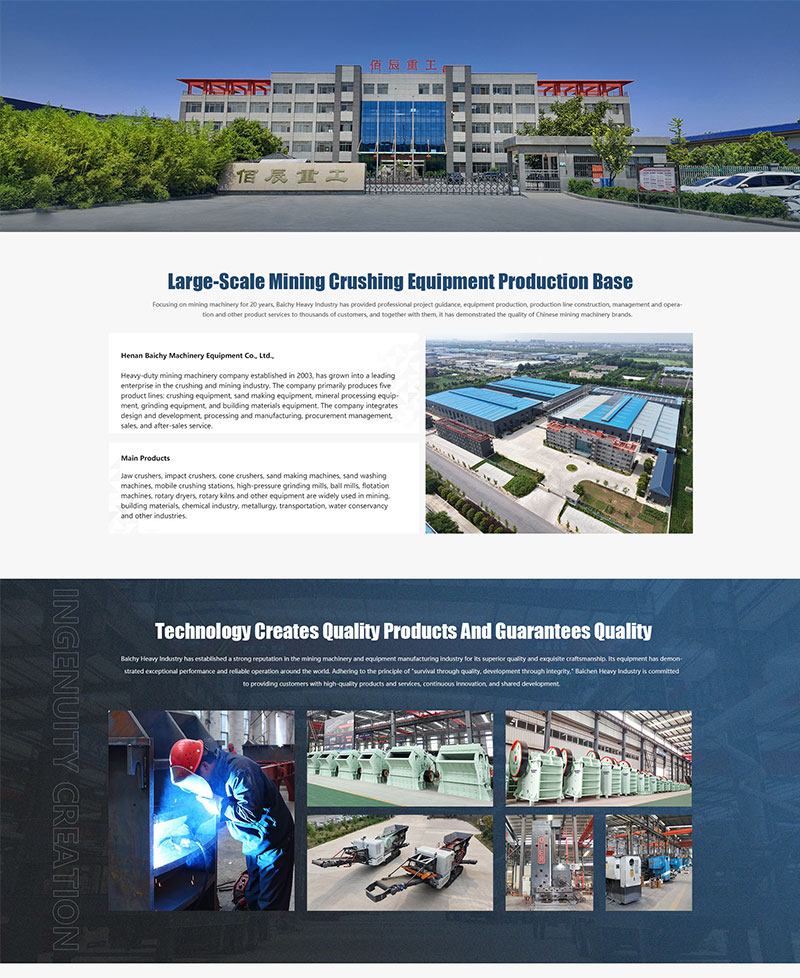
Baichy Heavy Industry – Your Trusted Partner for Seamless Equipment Operation
To ensure optimal performance of your equipment, Baichy Heavy Industry offers:
- Professional on-site installation guidance
- Comprehensive operator training
- 24/7 technical support & maintenance services
Our complete after-sales service system guarantees long-term, stable operation of your machinery with minimal downtime.
Protect Your Rights – Only Use Official Channels
To avoid scams and ensure authentic support, contact us exclusively through:
• Official Website: www.baichychina.com
• WhatsApp: +8615093222637
• Email: [email protected]
Your satisfaction is our priority – expect prompt, professional service every time.
(Note: Beware of unauthorized third parties claiming to represent Baichy. Always verify through official contacts.)
